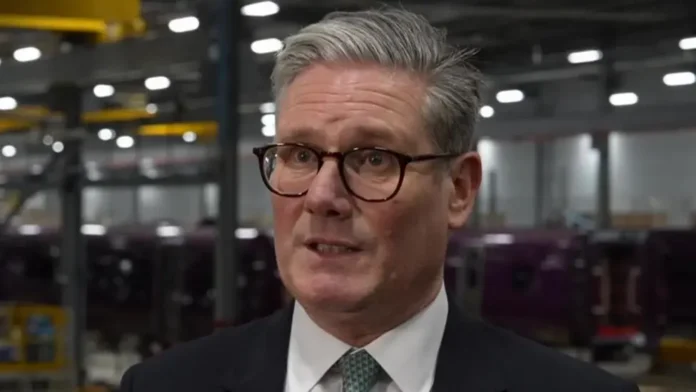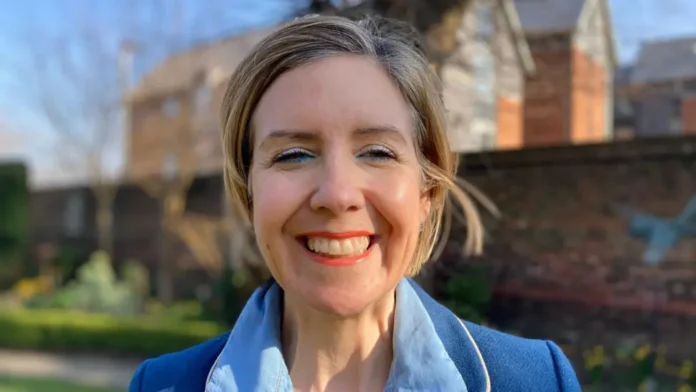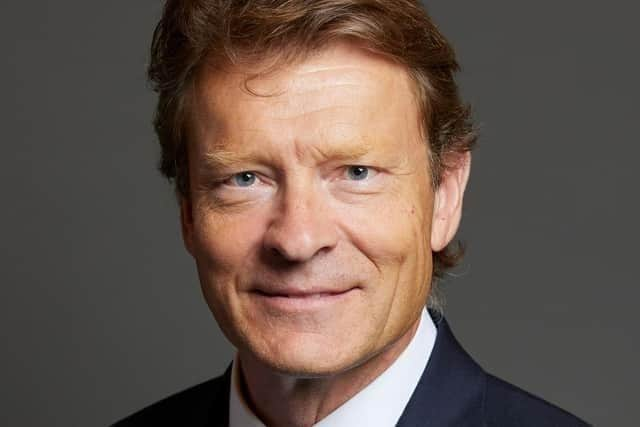Patients Living In North East Lincolnshire Should Receive Longer Appointments
Research commissioned by the Lib Dems has found that patients in Lincolnshire and around the UK are not receiving enough time with their GP. One in Five GP appointments last year were just five minutes or less.
In recent years, concerns have been mounting regarding the quality and duration of GP appointments in England. It has now been revealed that those living in North East Lincolnshire are not getting the same level of service as the rest of the country.
Patients who secure an appointment often find themselves rushed through the process in less than five minutes in North East Lincolnshire according to a recent report. That means those living in Grimsby, Immingham, and Waltham could be less likely to receive the standard ten minutes with their GP than other areas outside of North East Lincolnshire.
Astonishingly, a fifth of consultations in England in 2023 were completed within five minutes. This alarming trend has prompted worries about patient safety and the overall standard of primary care services.
Dennis Reed, the representative of Silver Voices, a campaign group for individuals over 60, emphasizes the importance of having a family doctor who understands the patient’s medical history and has enough time to discuss their general health and well-being.
Read:GP Waiting List In Lincolnshire Getting Longer
Unfortunately, the current revolving door practice, where patients exit after just a couple of minutes with a prescription, falls short of meeting these expectations.
He said: “It is hard enough to get a face-to-face appointment with a GP these days, without being shown the door before you have had a chance to take your coat off.
“The public wants the family doctor back, who knows your family history and has the time to chat about your general health and wellbeing.
“A revolving door policy, with the patient exiting after a couple of minutes clutching a prescription, is not the way to run a primary care service.”
The public in North East Lincolnshire and around the UK including in neighbouring areas such as Scunthorpe, Skegness, Boston, and Lincoln yearn for a return to the days when doctors had the opportunity to build lasting relationships with their patients and provide comprehensive care.
Research conducted by the House of Commons Library, commissioned by the Liberal Democrats, sheds light on the extent of the issue.
Between January and October 2023, a staggering 22 percent of GP appointments lasted five minutes or less.
These brief encounters are cause for concern, leaving little time for doctors to fully understand patients’ conditions and provide appropriate treatment.
The ratio of such short consultations varies across different regions, with North East Lincolnshire recording the highest proportion at 29.2 percent, while North Staffordshire had the lowest at 16.3 percent
Lib Dem MP Wera Hobhouse said: “Seeing a GP is the most vital contact for people to address their health concerns, seek help and start treatment.
“Not having quick and easy access to a GP and not having sufficient time for patients during an appointment leads to huge problems later on, let alone the anxiety and additional pain people suffer because of delays.”
Polling conducted by Savanta, on behalf of the Liberal Democrats, revealed that almost a quarter of individuals around the UK who fell ill attempted but failed to secure a face-to-face appointment with a GP in the past year.
Frustrated by the difficulty of booking appointments, some resorted to self-treatment or sought help from non-medical individuals. This alarming trend not only compromises patient safety but also increases the burden on emergency services, such as A&E and the 111 helpline, which struggle to fill the gap left by absent GPs.
Read:North Lincolnshire Best Schools Revealed
When patients are unable to access GP appointments, problems accumulate, and conditions worsen. Many individuals either hope their symptoms will subside on their own or resort to self-diagnosis and self-medication, storing up potential health crises.
This delay in seeking professional help not only exacerbates the patient’s condition but also places additional strain on emergency healthcare services.
The findings of the Savanta survey paint a bleak picture of the current state of GP appointments. Out of 2,226 UK adults surveyed in December, 23 percent had attempted but failed to secure a face-to-face GP appointment locally within the past 12 months.
Of those who were unsuccessful, 14 percent resorted to self-treatment or sought assistance from unqualified individuals, while 21 percent purchased medication without the guidance of a GP.
Shockingly, one in three individuals delayed seeking medical attention despite experiencing pain, and 16 percent opted to visit A&E instead. These statistics underline the urgent need for reform in the primary care system.
The leader of the Liberal Democrats, Sir Ed Davey, deems the findings of the survey “scandalous”. He argues that individuals pay their fair share of taxes and should expect basic local health services.
The near extinction of face-to-face GP appointments in some areas is a cause for concern. The Liberal Democrats propose guaranteeing individuals the right to a GP appointment within one week to ensure they receive the care they deserve.
Such a policy would also alleviate pressure on hospitals and paramedics, saving time and money across the healthcare spectrum.
According to data from NHS England, 39.3 percent of GP appointments in October of the previous year were conducted on the same day they were booked.
However, more than seven million appointments were scheduled at least two weeks in advance, including 2.6 million that were arranged four weeks ahead.
Face-to-face appointments accounted for 70.9 percent of all GP consultations during that period.
The Department of Health and Social Care highlights its efforts to improve patient access to GP services, including increasing the average number of appointments per working day and fulfilling the government’s commitment to delivering 50 million more appointments annually.
The department also emphasizes initiatives aimed at reducing bureaucracy, expanding community pharmacy services, and implementing digital systems to support primary care.
While the length of appointments may not serve as an exact measure of treatment quality, it remains an essential factor in providing comprehensive care.
The limited time doctors have with their patients can hinder their ability to thoroughly assess conditions, understand underlying issues, and provide appropriate guidance and support.
Striking a balance between efficiency and patient well-being is crucial to ensure that primary care services meet the needs of the population effectively.


